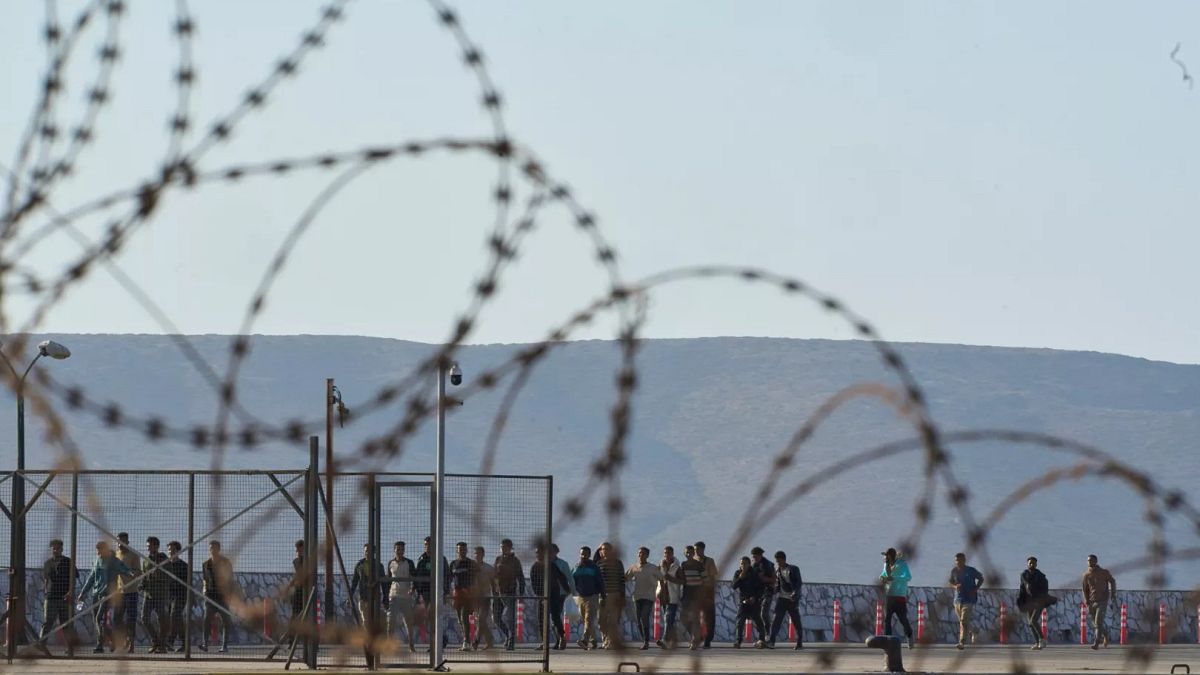

In recent efforts to address various international challenges, global and regional leaders have come together, promoting dialogue and initiating collaborative platforms aimed at fostering peace and managing pressing socio-political issues. As nations face complex dynamics, the focus remains on seeking positive, constructive paths forward.
In Europe, a crucial meeting took place involving the leaders of Italy, Turkey, and Libya, alongside the United Nations refugee agency (UNHCR), to confront the growing migration flows from Libya to Europe. The meeting underscores a significant effort to manage and address the refugee situation, acknowledging that over 32,400 refugees and migrants made the crossing in 2021, a number that had more than doubled from the previous year. Such collaborations are imperative as they seek sustainable solutions to migration challenges, highlighting the need for cooperative frameworks that ensure safe and orderly migration.
In another facet of European international relations, Germany has reaffirmed its commitment to preventing Israel’s diplomatic isolation amidst increasing tensions in the Gaza region. Despite expressing criticisms of Israel’s actions, Germany emphasizes the importance of dialogue and urges for increased aid supplies. The German government’s stance reflects a balanced approach, urging all parties to pursue peace actively and addressing appeals to end hostilities primarily towards Hamas. Such diplomatic endeavors aim at enhancing regional stability while maintaining essential alliances.
Further across the globe, in Australia, the Victorian Labor conference witnessed a significant moment as members voted to recognize Palestinian statehood. This decision aligns with similar positions taken by countries such as Canada, France, and the UK, putting additional pressure on the national government to reconsider its stance on this international issue. The conference also deliberated on the Aukus submarine deal, reflecting the party’s active engagement in redefining its foreign policy approach, albeit with a toned-down resolution.
Meanwhile, in the realm of Eastern European affairs, Ukrainian President Volodymyr Zelenskyy has shown a readiness to engage in direct talks with Russian President Vladimir Putin following the latter’s indication of supporting peace negotiations. Zelenskyy’s call for leader-level discussions signifies a proactive approach to achieving a lasting peace in the region. Ukraine remains open to genuine dialogues that are not merely strategic delays, thus emphasizing the country’s commitment to a dignified resolution of the ongoing conflict.
In these diverse yet interconnected diplomatic efforts, nations are expressing their willingness to engage in dialogue, acknowledging the interconnected nature of contemporary geopolitical challenges. By fostering communication and seeking collaborative solutions, there is hope for mitigating tensions and building a more peaceful global community.
Source: {link}
